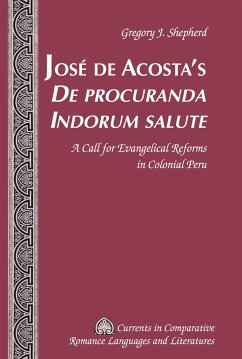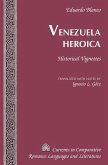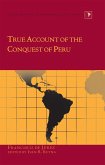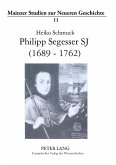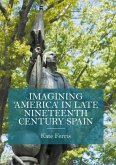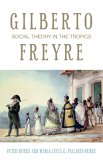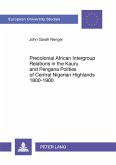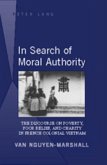José de Acosta's De procuranda Indorum salute: A Call for Evangelical Reforms in Colonial Peru contextualizes and analyzes the deployment of Catholic missionary forces in the Andes. Its exhaustive approach to the ecclesiastic and political reforms of late-sixteenth-century Peru exposes the philosophical and legal underpinnings of Spain's colonial policies. As this book analyzes José de Acosta's De procuranda Indorum salute, one of the most important treatises of the colonial period, it explores influences and intentions and reveals context and subtext. Comprehensive in its appraisal of Acosta's intellectual achievement, this book is essential for scholars and students of this early period of Christian and European expansion in the Americas. Not only does Gregory J. Shepherd examine Acosta's missionary manual against the controversial backdrop of Las Casas and Sepúlveda, but he also reconstructs the political atmosphere surrounding Toledo's massive and intrusive transformation of Andean life. Most importantly, this text carries out a thorough study of the ideologies - Christian, Jesuit, and European - underlying Acosta's appeal for political, social, and ecclesiastic reform.
«In recent years there has been a growing interest in Jesuit history. José de Acosta, the most important missionary theorist in all of Latin American colonial history, is still a relatively unstudied figure in the English-speaking world.
Thanks to Gregory Shepherd, we now have at hand a comprehensive study of 'De procuranda Indorum salute', Acosta's principal guide for missionaries in Latin America. Shepherd lays out the historical context for understanding 'De procuranda Indorum salute' and analyzes the key themes and sources that inspired the Jesuit author.
Acosta's most important contribution to mission practice was his call for missionaries to treat the Indians as human beings. According to Acosta, the worst enemies of evangelization were the evangelizers themselves: their avarice and greed contradicted their own message. In this sense, Acosta was both a humanist and a realist.
Shepherd's study of 'De procuranda Indorum salute' is a guide to understanding not just Acosta but Jesuit spirituality of the period. This exhaustive guide will open up many doors to understanding the intellectual forces which competed for the attention of sixteenth-century missionaries and which drove the entire evangelization process in Latin America.» (Jeffrey Klaiber, S.J., Professor of History, Pontifical Catholic University of Peru)
Thanks to Gregory Shepherd, we now have at hand a comprehensive study of 'De procuranda Indorum salute', Acosta's principal guide for missionaries in Latin America. Shepherd lays out the historical context for understanding 'De procuranda Indorum salute' and analyzes the key themes and sources that inspired the Jesuit author.
Acosta's most important contribution to mission practice was his call for missionaries to treat the Indians as human beings. According to Acosta, the worst enemies of evangelization were the evangelizers themselves: their avarice and greed contradicted their own message. In this sense, Acosta was both a humanist and a realist.
Shepherd's study of 'De procuranda Indorum salute' is a guide to understanding not just Acosta but Jesuit spirituality of the period. This exhaustive guide will open up many doors to understanding the intellectual forces which competed for the attention of sixteenth-century missionaries and which drove the entire evangelization process in Latin America.» (Jeffrey Klaiber, S.J., Professor of History, Pontifical Catholic University of Peru)

